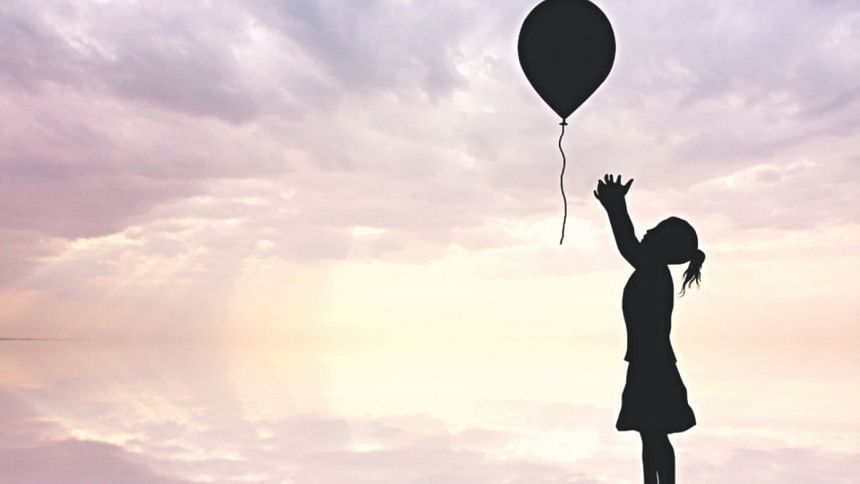Building a society where girls feel safe

In the film Taken (released in 2008), Kim, an American 17-year-old girl, was abducted in Paris during her European tour. Her father Bryan Mills was a retired CIA field agent. The father, through his network, soon found out that the kidnappers were part of an Albanian sex trafficking ring. Bryan flew down to Paris and used his acquaintance, former French intelligence agent Jean-Claude Pitrel, to track down the location of the kidnappers. Eventually, Bryan heroically rescued Kim from the hands of this gang of hoodlums.
I am not Bryan, with powerful contacts or networks. I am a helpless father of a baby girl who is deeply concerned about his daughter's safety. I worry whether I can give her a safe environment to grow up in. She is now one-and-a-half years old.
I am sure I am not alone in feeling this way. I am sure there are many fathers like me who are just as concerned about their daughter's safety in a society where there's a growing incidence of rape. According to WE CAN Bangladesh, a platform of civil society, organisations, individuals, and institutions aiming to end domestic violence against women, in 2018 alone, there were 396 rape cases and 179 incidents of sexual harassment. Prothom Alo (February 2, 2019) cites the police department's data according to which there was more than 19,000 rape cases between 2014 and 2018.
This gives rise to many questions: How safe are our girls? How many more girls and women will have to endure such violence against them? When will it end, if ever? Who will ensure their safety? Whose responsibility is it? How long will we remain silent? How much longer will we stay quiet and avoid our responsibility to speak up against such injustices? Until it's our daughter or sister who is victimised?
It seems that sexual violence against girls and women has become normalised in our society and when rape incidents are reported in newspapers, we simply shrug our shoulders as if there's nothing we can do about it. News of rape cases does not disgust or shake us to the core anymore.
It is quite alarming that every day, we read about news reports of rape cases—victims ranging from adult women to little children. We read about rape cases where the disabled, the blind, and schoolgoing children are gang-raped. How can a father like me who is raising a daughter in this society not be worried about her safety?
It is time to stamp out this menace from our society. It's high time that we prioritised creating an environment where girls can grow up freely—without having to look over their shoulders. It's high time to raise our voice against sexual violence against women irrespective of class, age or race. We are all in it together.
There is no shortcut solution. We need a social movement and for that to happen we need to come together as a civil society and create awareness. In one way or another, we all have a responsibility that we can no longer overlook.
Second, the role of the family in bringing up boys so that they grow up to be responsible, decent men who respect women needs to be reinforced. Our patriarchal mindset needs to change.
Third, knowledge matters and ignorance is a recipe for disaster. This means that gender studies need to be introduced as a mandatory course in our curricula both at the secondary and higher secondary levels. In addition, courses on ethics, morality, and values need to be taken into consideration.
Finally, the role of the state needs to be more prominent. The Bangladesh government needs to be fully committed in ensuring the security of the country's girls and women, which includes the need to make sure that the rule of law is implemented in every case of sexual violence against women so that perpetrators are punished. I must also add that the availability of pornography in the internet needs to be strictly checked or even prohibited.
We know that Bangladesh has come a long way since independence. The country, once known as a "development case", is now being touted as a "development miracle". But if we cannot ensure the security of our girls, can we really say that we have achieved meaningful development?
As a father, to me my daughter's safety comes first. I want to see her grow up and achieve her dreams. Like every parent, what I want is for my daughter to be able to live in a society free from violence against women—not where we have to read news reports of rape cases every single day. On behalf of all those men who are a father to a daughter, I urge the state to not let my appeal go unheard.
Md Shariful Islam teaches international relations at the University of Rajshahi. He can be reached at [email protected].





Comments